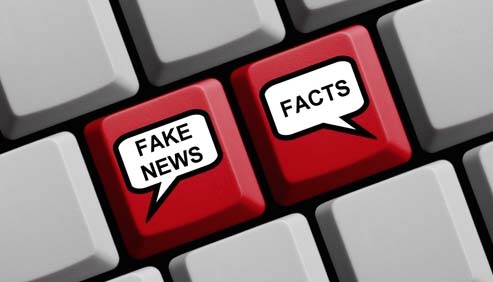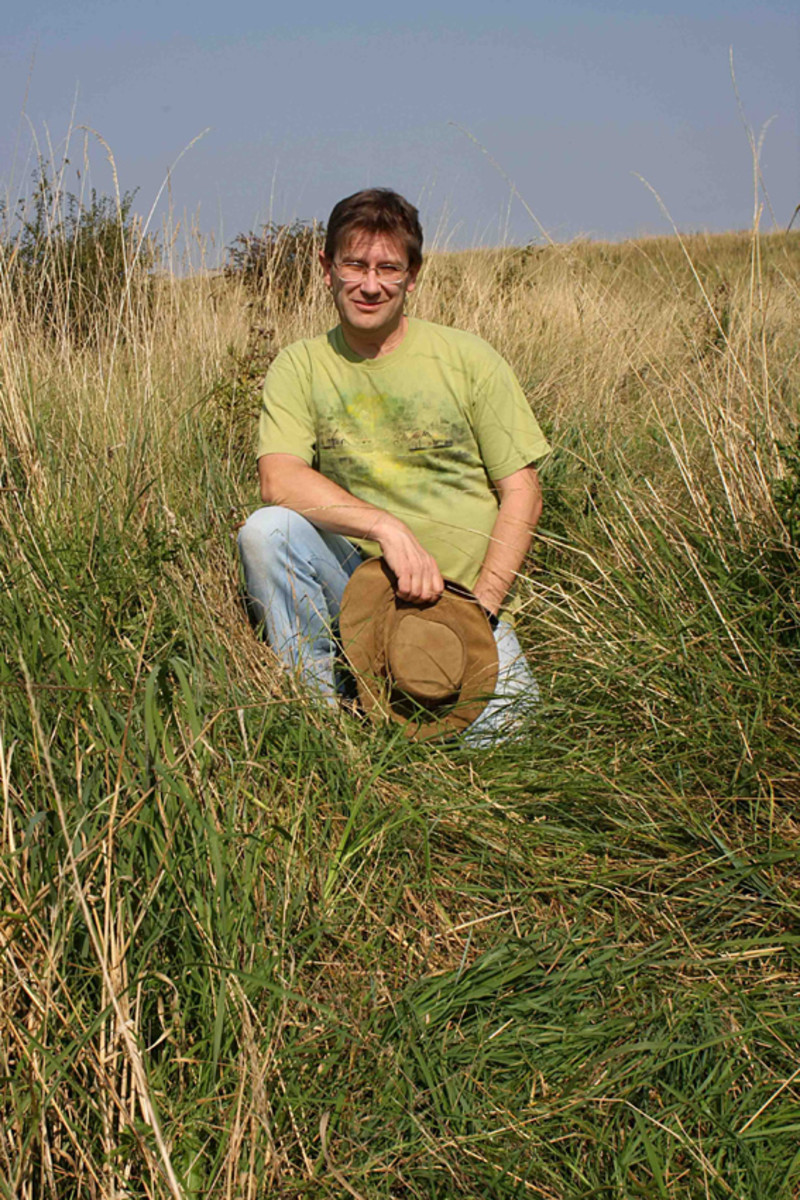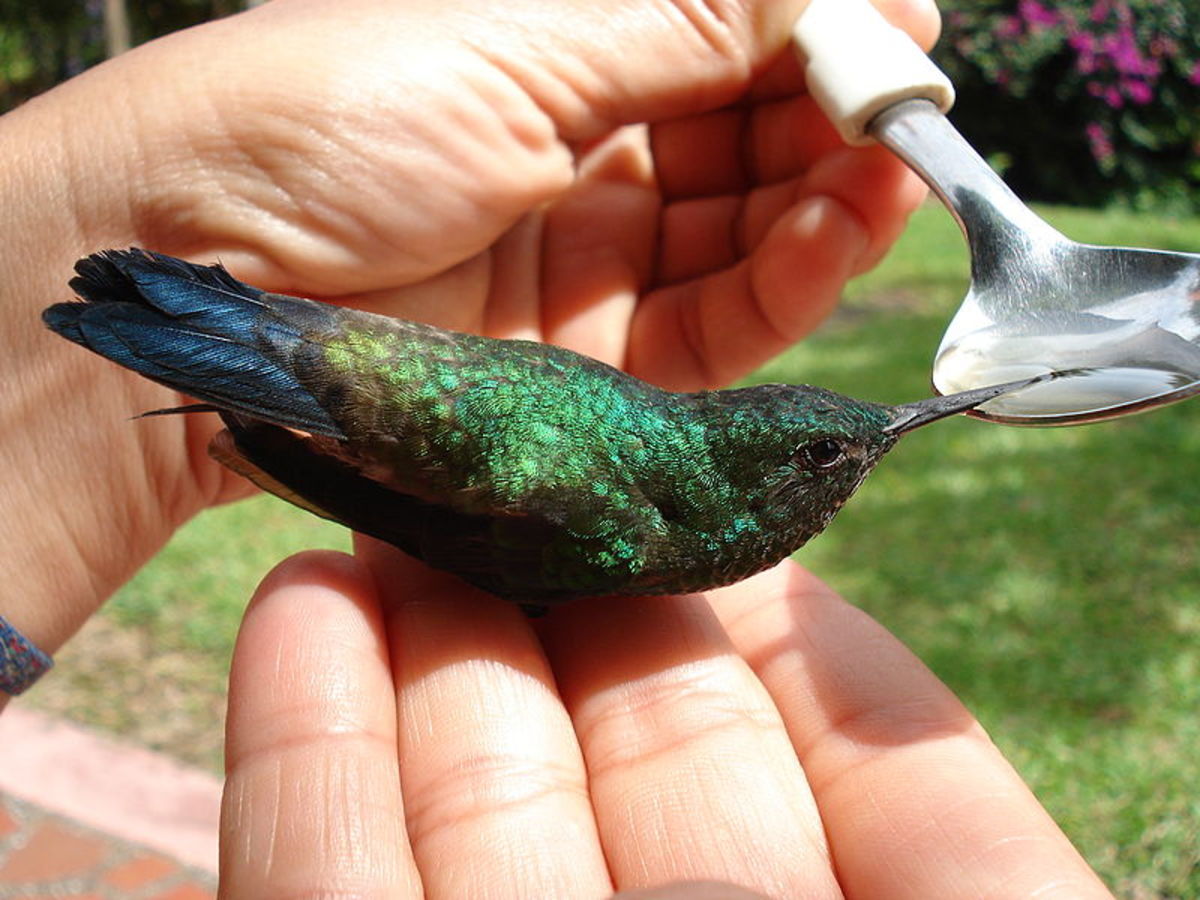The Psychology Query Number 9 - Misinformation After the Las Vegas Shootings

I have been on hiatus from this series largely due to a stress fracture in my foot along with two torn tendons and something call plantar fasciitis. The last one I had never heard about before but every time I mention it to someone they all know what it is and have experienced it before. Suffice it to say the pain alone has worn me down and the inability to walk when walking is my main coping strategy has gotten in the way of my ability to focus clearly on serious topics. I thank all those out there who knew about this and sent well wishes. They have been appreciated more than you could ever know.
That being said, with the Las Vegas shootings, and the influx of questions that came in related to this incident, I couldn’t sit on the sidelines without doing my best to answer some of the questions, though I’m afraid we don’t have answers to many that would make us feel better, make our world feel more under control again. It seems like these types of incidents and others that are also harrowing whether they are man made or acts of God such as these unbelievable storms that have been devastating numerous countries across the globe have been increasing.
Whether this is, in fact the case, or whether they have just come together at the same time and only seem that way I cannot fully say. But the past year has been a traumatic one for all of us whether we are direct victims, have friends and family members who are victims or are just watching these events as they unfold. It is my opinion that no one anywhere has gotten away completely unscathed.
As I imagine many of you are feeling, I have been overwhelmed by all these unbelievably horrific events be they storms, terrorists or mass murderers. I will therefore just go straight to the questions this week without attempting to make any specific opening remarks. Several people asked about all the misinformation and false stories being reported about the shootings. I have taken these inquiries and covered them under two general questions aimed at answering what was asked on this topic. As always thanks for stopping by and keep the questions coming.
Answers to Reader's Questions

Question 1: I have seen a number of things spread on the internet since the Las Vegas Shootings, some of which has gone viral, that has turned out to be a hoax. Why do people do this when there is already so much pain and hurt around people who were seriously injured or killed? What can they possibly get out of it? And why do people help spread it?
A very good question. Unfortunately, this is not an unusual occurrence. It happened with pretty much every natural disaster and major attack we have seen since the advent of the internet. One of the most common types of hoaxes involves posting a photo of someone and claiming that the person hasn’t been seen since the disaster. These types of hoaxes are an unfortunate, and permanent, part of what we view online about tragedies.
Whereas regular reporters are responsible for fact checking their stories and are held accountable for reporting something erroneously there are no such controls for what is reported on the internet nor any real limits as to who can report on such stories. This encourages those who are either out for recognition or looking to have their story go viral regardless of who they hurt in the process to post the most outrageous and sensational stories possible to gain the most attention.
One interview with someone who tweeted that his father had been missing after the shootings and asked for help in finding him was asked why he did it. His reply? “For the retweets of course!” And because of how quickly the internet lets us get information out, with people trying to top each other for greater views, likes and shares, this means that the misinformation that is spread about an event can escalate at an exponential pace.
Many people, especially those who are used to viewing stories in papers and on the nightly news that are at least somewhat checked for accuracy, believe that if it is printed, even on the internet, it is trustworthy. This contributes to the problems, albeit innocently, as these people will share such stories believing they are helping. So then, those who perpetrate such negligence do so knowing they can take advantage of the good intentions of the many people who hope to make things better by sharing their stories.
Question 2: There seems to be so much misinformation that is going around about the Las Vegas shootings. From famous people who are missing, to the name, religion and affiliation of the gunman, tons of fake stories have been reported. Why do we fall for them and what can we do to figure out which are the real stories and which are the fake?
Studies suggest that a combination of information overload and limited attention span are important regarding our inability to discriminate between high and low quality information. This inability in turn leads to our unwittingly spreading low quality and misinformation. There is simply an enormous amount of information out there and much of it comes over our news feeds daily. Combine that with the limited amount of time and attention people can dedicate to looking through all this information and to choose what to share and the prevalence of shared misinformation can be better understood. It is not unusual for people to share an article or news story based on the title alone without even reading the content and sometimes they may not even completely read the title.
Unfortunately, there will undoubtedly continue to be more of these false reports in this case and in future cases that occur. Look for clues before sharing any stories about news events - simply Google it first to see if it has been reported as false information. However, news agencies will not be able to collect and report on every instance of misinformation, especially not in the first few hours after something has happened. Make sure to look at the comments related to the story before posting it. Often, a fake viral report has a number of replies noting that it’s fake. Some other suggestions for determining if news is fake include:
-
Pay attention to the domain and URL - Recognized news organizations have their own sites that end in .com so ABC.com is legit. Beware of endings such ABC.com.co
-
Read the "About Us" section - The language used here should be straightforward not melodramatic or overblown. You should be able to learn additional information about the organization's leaders places besides that site.
-
Look for Quotes and Their Sources -Most legitimate news stories have many professional sources cited in the text and quote experts in the field. They more serious or controversial the subject the more likely there are to be quotes. There should be at least one academic source who can speak about research in the area. If there are look up the studies to make sure they are real, are in academic publications and that what is stated as coming from them is accurate. Look up the sources as well to make sure they can be verified.
-
Do a Reverse Image Search - Photos that go along with a story should accurately illustrate the subject matter. Those who publish fake news stories don’t bother taking pictures and since the news is fake often there isn’t anything to take a photo of anyway. You can do a reverse image search on Google by right clicking on the photo and choosing to search Google for it. If you discover the photo is being used on many different stories that talk about many different topics it is unlikely it is an actual picture of anything related to the story you are reading.
These are just a few ideas to help you verify whether a story is accurate or whether it is fake news. Fake news can do a lot of damage especially if it goes viral before anyone involved can contradict it. We all have a responsibility to do what we can to prevent ourselves from spreading misinformation and fake stories.








